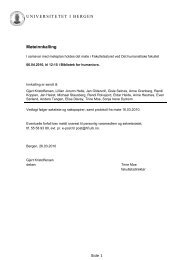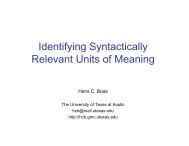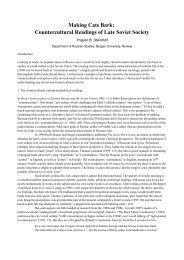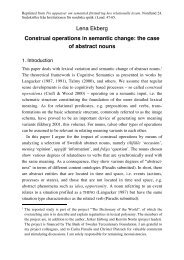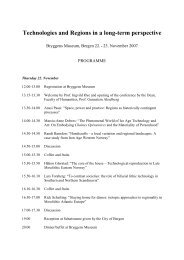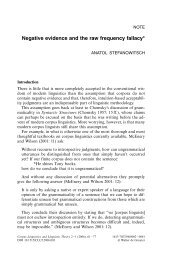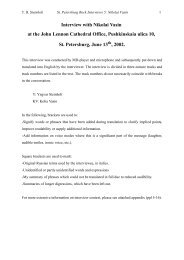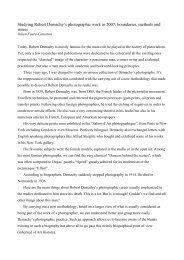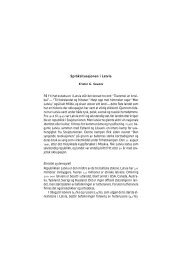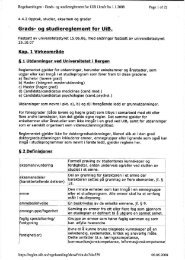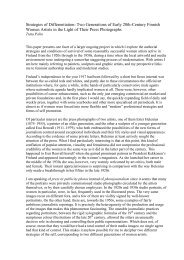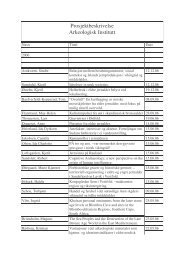THE BOOK OF POEMS IN TWENTIETH-CENTURY ... - TopReferat
THE BOOK OF POEMS IN TWENTIETH-CENTURY ... - TopReferat
THE BOOK OF POEMS IN TWENTIETH-CENTURY ... - TopReferat
You also want an ePaper? Increase the reach of your titles
YUMPU automatically turns print PDFs into web optimized ePapers that Google loves.
in Saint Teresa. Already in the title, however, she recognizes her inevitable failure to<br />
achieve such spiritual simplicity. Simplicity and complications are irreconciliable:<br />
К простоте возвращаться—зачем?<br />
Зачем—я знаю, положим.<br />
Но дано возвращаться не всем.<br />
Такие, как я, не можем.<br />
Сквозь колючий кустарник иду,<br />
Он цепок, мне не пробиться...<br />
Но пускай упаду,<br />
До второй простоты не дойду,<br />
Назад—нельзя возвратиться.<br />
Why return to simplicity?<br />
I know why, let's assume.<br />
But not everyone is destined to return.<br />
People like me are unable to.<br />
I walk through thorny bushes,<br />
They are prickly, I can't make my way through…<br />
Even if I fall,<br />
I will not make it to my second simplicity,<br />
It is impossible to go back.<br />
While the poet does not explain in "Сложности" why "people like her" are unable to<br />
return, the opening lines of the next poem, "Лазарь," suggest that it is due in part to her<br />
ties to Russia. An exile from a decaying nation, she can never return to her land of birth,<br />
her literal childhood home:<br />
Нет, волглая земля, сырая;<br />
только и может—тихо тлеть;<br />
мы знаем, почему она такая,<br />
почему огню на ней не гореть.<br />
No, the damp, raw earth;<br />
all it can do is quietly rot;<br />
we know, why it is this way,<br />
why fire can not burn on it.<br />
133



